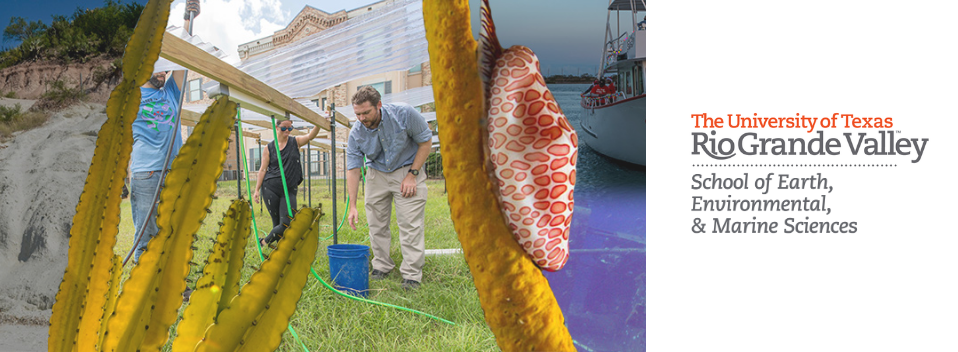
School of Earth, Environmental, & Marine Sciences Faculty Publications
Document Type
Article
Publication Date
9-2022
Abstract
How is it that the New Zealand government’s process for re-establishing Indigenous fishing rights has failed to deliver thriving Māori fisheries? This paper examines why, at Te Waihora, a coastal lake, and site of one of the nation’s longest running and best-funded state-Māori co-governance agreements, Māori fishers have been unable to use their rights to support their fishery. As of 2018, the lake’s culturally and ecologically significant eel population was no longer commercially viable, a decline fishers have attributed to rampant dairy industry expansion upstream. Drawing on environmental justice literatures, we deploy a multi-dimensional framework to identify factors shaping possibilities for justice in the wake of rights reconciliation, as experienced by Māori fishers, scientists, and leaders. We engage theories of political economic relations to interpret the implications of these experiences for environmental justice theory and politics. Ethnographic accounts demonstrate that the New Zealand government’s process for re-establishing Māori rights falls short of achieving distributional, procedural, and recognition-based dimensions of environmental justice, and that these effects are interlinked. In particular: (i) downstream fishers are placed to bear disproportionate costs of runoff from upstream land use change; (ii) Māori fishers have little influence over governance decisions that affect land use; and (iii) government claims, including that Māori should, “move beyond grievance mode,” obscure logics for resistance. We suggest that the government’s support for dairy industry expansion represents an attempt to mitigate crises of overaccumulation, characteristic of competitive markets. Unlike those who identify persistent injustice as a logic for turning away from the state, we argue that the recurring nature of these crises, and the role state organizations play in directing responses, indicates a rationale for continued engagement with state governing bodies to advance justice.
Recommended Citation
Bodwitch, Hekia, Andrew M. Song, Owen Temby, John Reid, Megan Bailey, and Gordon M. Hickey. "Why New Zealand’s Indigenous reconciliation process has failed to empower Māori fishers: Distributional, procedural, and recognition-based injustices." World Development 157 (2022): 105894. https://doi.org/10.1016/j.worlddev.2022.105894
Creative Commons License

This work is licensed under a Creative Commons Attribution-NonCommercial-No Derivative Works 4.0 International License.
Publication Title
World Development
DOI
10.1016/j.worlddev.2022.105894


Comments
© 2022 The Authors. Published by Elsevier Ltd.